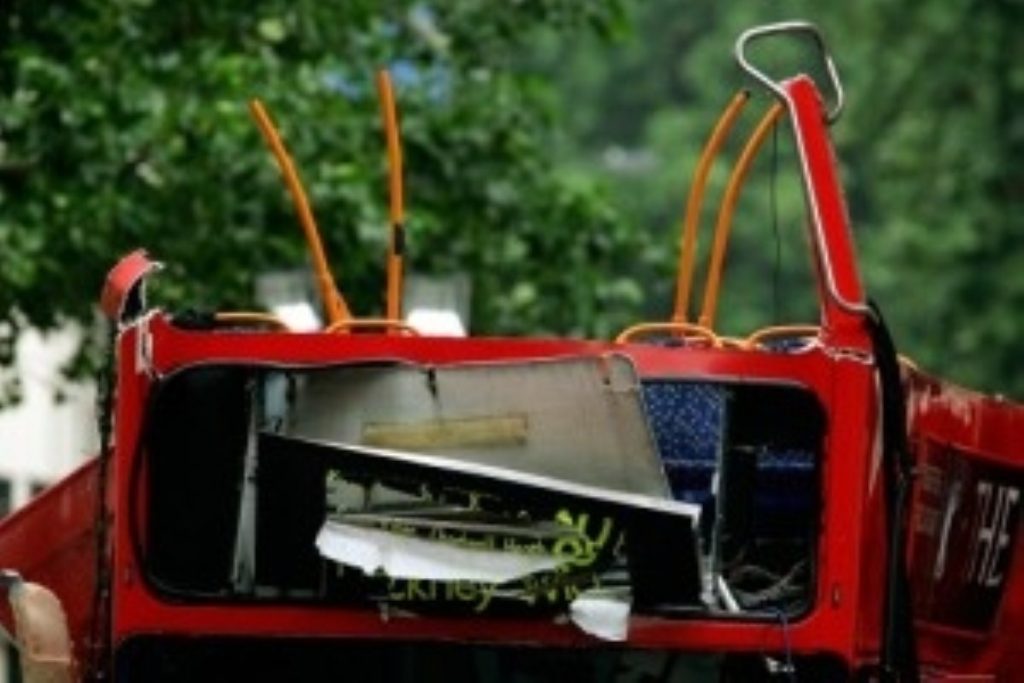‘Major communications problems’ in July 7th response
The emergency services’ response to the July 7th bombings in London last year was hampered by “major communications problems”, a new report finds.
The London assembly’s investigation into the attacks on the capital’s transport system, in which 52 people died, praised the “incredible acts of courage” by ambulance, police and fire service staff, and members of the public.
But the review committee warns they were let down by a lack of coordination between the three emergency services, which saw them all declare a major incident separately, and a lack of proper means of communication.
It also criticises the way hundreds of survivors were allowed to walk away from the scene without being helped or their details even being recorded, and a lack of coordination with hospitals in the area, one of which has still not formally been notified of a major incident.


Chairman Richard Barnes said it was “unacceptable” that 18 years after the King’s Cross fire, there was still no effective means of communication in the London underground, forcing train drivers and emergency workers to rely on runners to pass information along.
The ambulance service’s reliance on mobile phones was also criticised, and Mr Barnes said it was obvious that there would be problems with this system, given the high volume of people trying to use the network.
A new digital network is due to be in place by 2007, he said, but warned short-term measures must be put in place to deal with any major incident before then.
“In the 21st century, in one of the most technologically advanced cities in the world, it is unacceptable for the emergency services to have to rely on runners to transmit information,” Mr Barnes said.
The report also criticises the “unacceptable” way in which the walking wounded and people suffering from post-traumatic shock were allowed to leave the scene without being helped, and calls for changes to the way information is shared across the services.
It notes that hospitals were not prepared to say who they had dealt with because of patient confidentiality, while other issues of data protection meant families were left without any information about whether their loved ones were involved in the incident.
“At all stages along the way, people can fall out of the system,” Mr Barnes said, warning that the emergency services must stop looking at disasters as impersonal incidents, and instead an event that involves individuals.
The London Resilience Partnership, which includes representatives of local government, emergency services, transport and health services, welcomed the report’s recognition of the “partnership and professionalism” shown on July 7th.
“Some issues have already been recognised and acted upon, such as communications systems and problems with radios underground,” a spokesman said.
“Any useful contribution to ensuring that London is as well prepared as possible to deal with future emergencies is welcome.”
But Conservative homeland security spokesman Patrick Mercer said it was a “disgrace” that many of the inadequacies that emerged on the day of the attacks have still not been dealt with nearly a year later.
He called for the creation of a new cabinet position with responsibility for counter terrorism, saying it was the only way to “inject energy and drive into dealing with this serious problem”.












